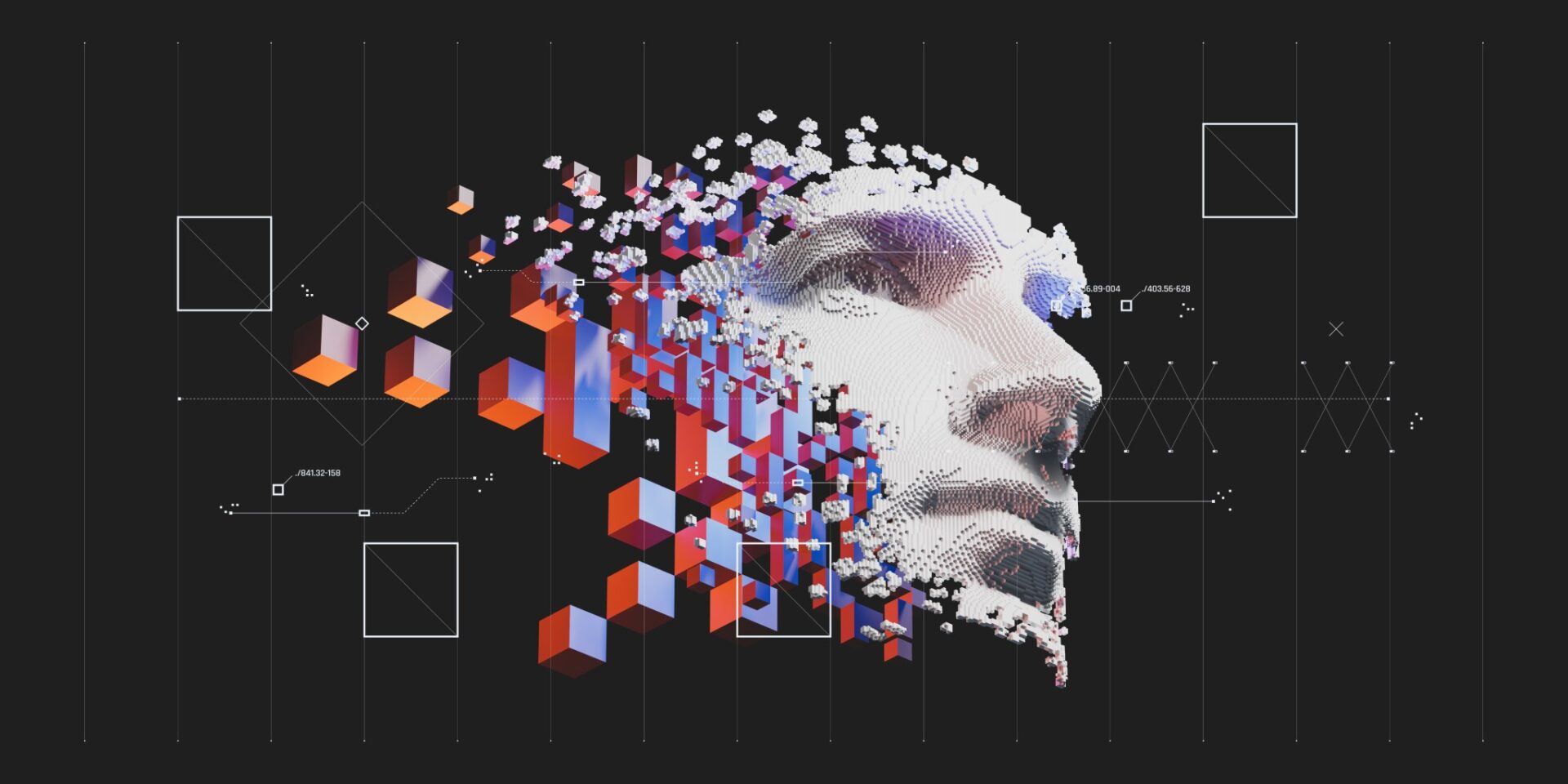Ilya Sutskever, the co-founder and Chief Scientist of OpenAI, continues to be a pivotal figure in the field of artificial intelligence (AI), particularly focusing on the critical domain of AI safety. As one of the most influential researchers in AI, Sutskever’s ongoing commitment to ensuring that AI technologies are developed and deployed responsibly underscores the importance of balancing innovation with ethical considerations.
A Pioneer in AI Research
Sutskever’s contributions to AI are monumental. He has been instrumental in the development of groundbreaking technologies such as GPT-3, a language model that showcases the potential and capabilities of AI. His work spans various aspects of machine learning and neural networks, making significant strides in how AI can understand and generate human-like text. However, alongside these advancements, Sutskever has consistently emphasized the need for robust AI safety measures.
The Imperative of AI Safety
AI safety involves designing and implementing AI systems that operate reliably and ethically, minimizing risks of unintended consequences. This includes preventing biases in AI algorithms, ensuring transparency, and maintaining control over increasingly autonomous systems. Sutskever’s dedication to AI safety reflects a growing recognition within the AI community that as these technologies become more powerful, their potential risks also escalate.
OpenAI’s Role in AI Safety
Under Sutskever’s guidance, OpenAI has been at the forefront of AI safety research. The organization’s mission is to ensure that artificial general intelligence (AGI) benefits all of humanity. This involves creating systems that are safe and aligned with human values. OpenAI has published numerous papers and reports on safety protocols, emphasizing collaborative efforts to address these challenges.
Ongoing Projects and Research
Sutskever and his team at OpenAI are actively engaged in several key initiatives aimed at enhancing AI safety. These projects include:
Robustness and Reliability: Developing AI systems that can perform consistently under various conditions and withstand attempts to manipulate their outputs.
Alignment with Human Values: Ensuring that AI behaviors are aligned with human ethical principles and societal norms.
Transparency and Explainability: Creating AI models whose decision-making processes can be understood and scrutinized by humans, thereby increasing trust and accountability.
Collaborative Research: Partnering with other institutions and researchers to share insights and develop comprehensive safety frameworks.
The Broader Implications
Sutskever’s work in AI safety is not just about preventing immediate risks but also about addressing long-term implications. As AI systems become more integrated into various aspects of daily life—from healthcare and finance to transportation and entertainment—their impact on society will be profound. Ensuring these systems are safe and beneficial is paramount to their successful integration.
Future Prospects
Looking ahead, Sutskever’s commitment to AI safety suggests that we can expect continued innovation paired with a rigorous focus on ethical standards. His work serves as a reminder that the development of AI is not just a technical challenge but also a societal one. By prioritizing safety, researchers like Sutskever are helping to pave the way for a future where AI technologies can enhance human capabilities without compromising ethical values.
Conclusion
Ilya Sutskever’s ongoing efforts in AI safety highlight the dual responsibility of AI researchers: to push the boundaries of what is possible while ensuring that these advancements are safe and aligned with human interests. His work at OpenAI sets a benchmark for how the tech industry can navigate the complex landscape of innovation and ethics, striving to create a future where AI serves as a force for good.



